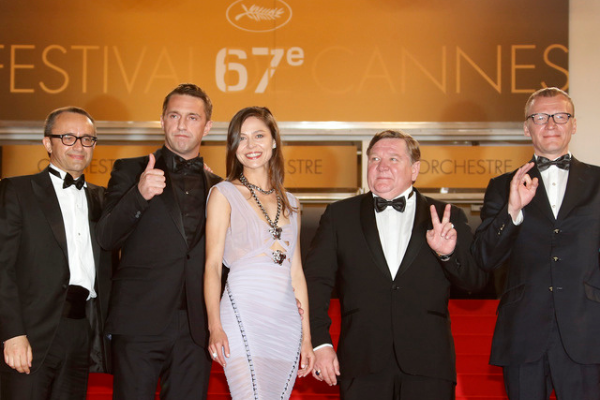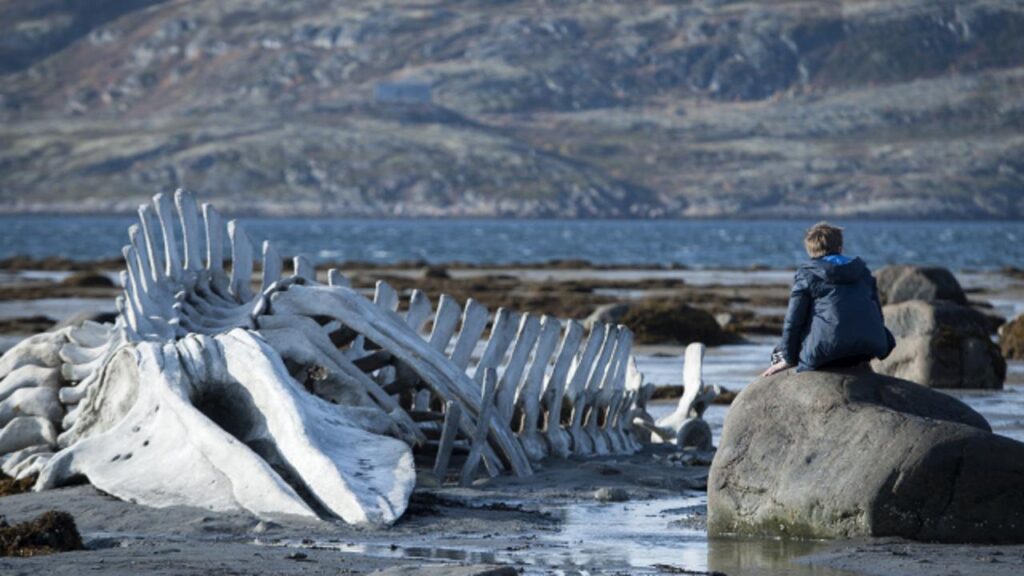Andrey Zvyagintsev’s Leviathan sketches the bitter reality in modern Russia wherein an established state system conspires against an individual and makes him or her a victim who loses everything. Even though the story is set in Russia, it can very well be placed in any corner of the world. The essence of the story crosses boundaries and make it a universal film. Zvyagintsev is extremely critical of Russia throughout the film. So, it is quite surprising that more than one-third of the film’s budget was funded by the Russian Ministry of Culture. Falsified expropriations are still very much evident in the modern world.
Leviathan is inspired by the story of Marvin Heemeyer in the USA. Zvyagintsev wanted to make the film in the USA but later changed the plan and set the story in contemporary Russia. The protagonist of the film has similarities with the biblical figure Job and Naboth in Naboth’s Vineyard. The story of Leviathan is set in the fictional town of Pribrezhny where Kolya (Aleksei Serebryakov) lives in a seaside house with his attractive second wife Lilya (Elena Lyadova) and teenage son Roma. Kolya is a short-tempered car mechanic and runs his own mechanic shop.
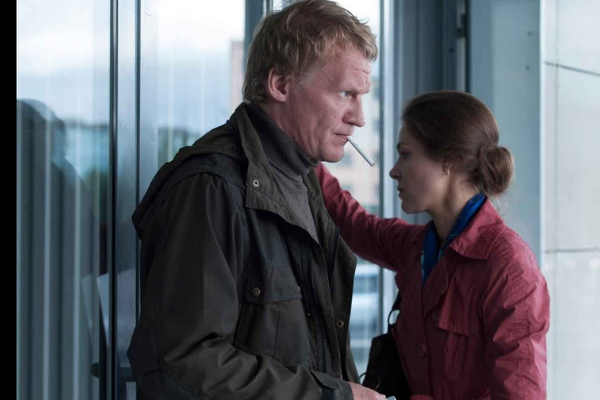
The mayor of the town Vadim (Roman Madyanov) is all set to expropriate Kolya’s house in the name of building a telecommunication tower albeit his personal motive behind this. Government offers a nominal price to Kolya, who appoints his lawyer friend Dima (Vladimir Vdovichenkov) to fight the case in court. Kolya shouts at a police officer and is arrested immediately. Lilya engages herself in an impromptu sexual encounter with Dima, who gets Kolya free and blackmails Vadim with his previous misdeeds. Lilya and Dima engage themselves in another sexual encounter during an outing with Kolya’s friend Ivan Stepanich. They are caught and assaulted by Kolya. Vadim arranges a mock execution for Dima and forces him to leave the town for Moscow.
Lilya returns to Kolya but she is depressed as her affair is now revealed to the public. She and Kolya make love in the basement, which is witnessed by Roma. He starts sobbing, runs to the seashore, and sits beside a whale skeleton. This makes an iconic scene in the film. After returning home, Roma blames Lilya for the downfall of their family. She cannot sleep at night and goes to the seashore in the early morning. Her phone is switched off the next morning, and she is absent from her workplace. Lilya’s body is discovered a few days later. Kolya starts drinking heavily and meets a priest to know why God does not save him from all the misfortunes. The priest cites the example of Job and counsels him that God will surely reward him with good fortunes over time like Job.
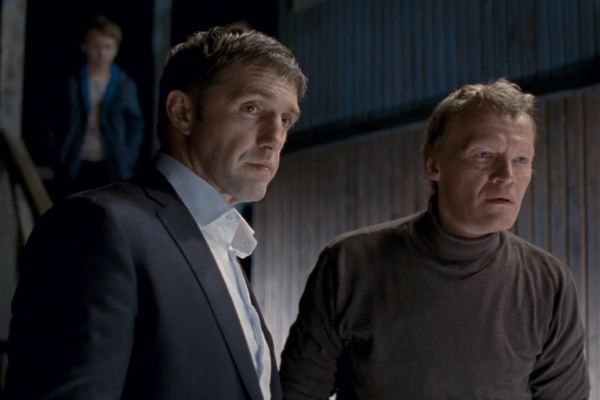
Kolya is arrested the next day on the charge of murdering his wife Lilya. Police officials discover that the shape of the wound on Lilya’s head matches the shape of a hammer used in Kolya’s shop. Kolya’s friends and Lilya’s colleagues reveal to the police officials that Lilya was once assaulted by Kolya because of her affair with Dima. The murder charge against Kolya is established and he is sentenced to fifteen years imprisonment. Roma is now without a family and sheltered by Kolya’s friends. When Vadim is informed about Kolya’s sentence, he welcomes the verdict gleefully. A bulldozer destroys Kolya’s house. Vadim’s hidden motive is revealed in the end. He wants to build a lavish Church for his friend the bishop.
Leviathan is not only a sociopolitical story but also an emotional and humane story. The film focuses on the life of a person who loses everything. Oppression and torture by the dynastic or government forces are not only a present-day phenomenon. It has been continuing for ages. There are numerous examples. The story of Leviathan is also inspired by a real-life American story of Marvin Heemeyer. The commoners are always at the receiving end. It is impossible to fight an entire government system for an ordinary citizen. The bishop of the Russian Orthodox Church supports the misdeeds of Mayor Vadim. Leviathan captures the nexus between the political leaders and the Church, who are supposed to protect the ordinary citizens. There is no place to escape.
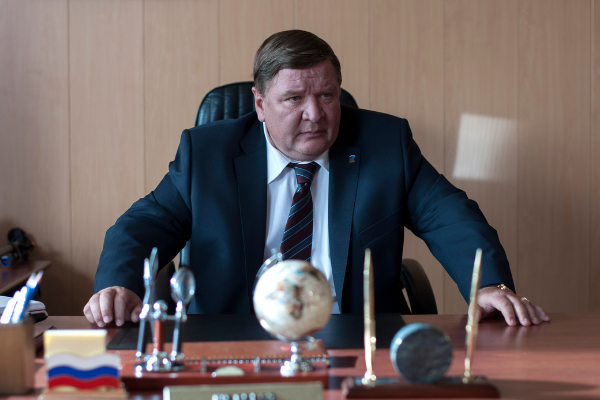
Leviathan is an unflinching cinematic endeavor of Andrey Zvyagintsev. He even shows that the bullets are fired on the portraits of former Russian leaders during an outing scene. A filmmaker must be possessing a very strong conviction to weave a film like Leviathan. As the director, Zvyagintsev is able to portray the emotional aspect of the story, which he co-wrote with Oleg Negin, in the film. The screenplay is filled up with strong dialogues. Aleksei Serebryakov as Kolya, a short-tempered car mechanic, is brilliant.
Elena Lyadova as Lilya is melancholic, attractive, and seductive. Roman Madyanov portrays the negative character of Vadim exceptionally well. Mikhail Krichman’s camera magnificently captures the sensuous beauty of the seashore. The shots of the seashore in the wee hours are brilliant. Overall, Zvyagintsev’s Leviathan depicts a universal story. The film was selected a compete for Palme d’Or at the 2014 Cannes Film Festival. It won the Best Foreign Language Film award at the 72nd Golden Globe awards, and it was also nominated for the Best Foreign Language Film Oscar at the 87th Academy Awards.
